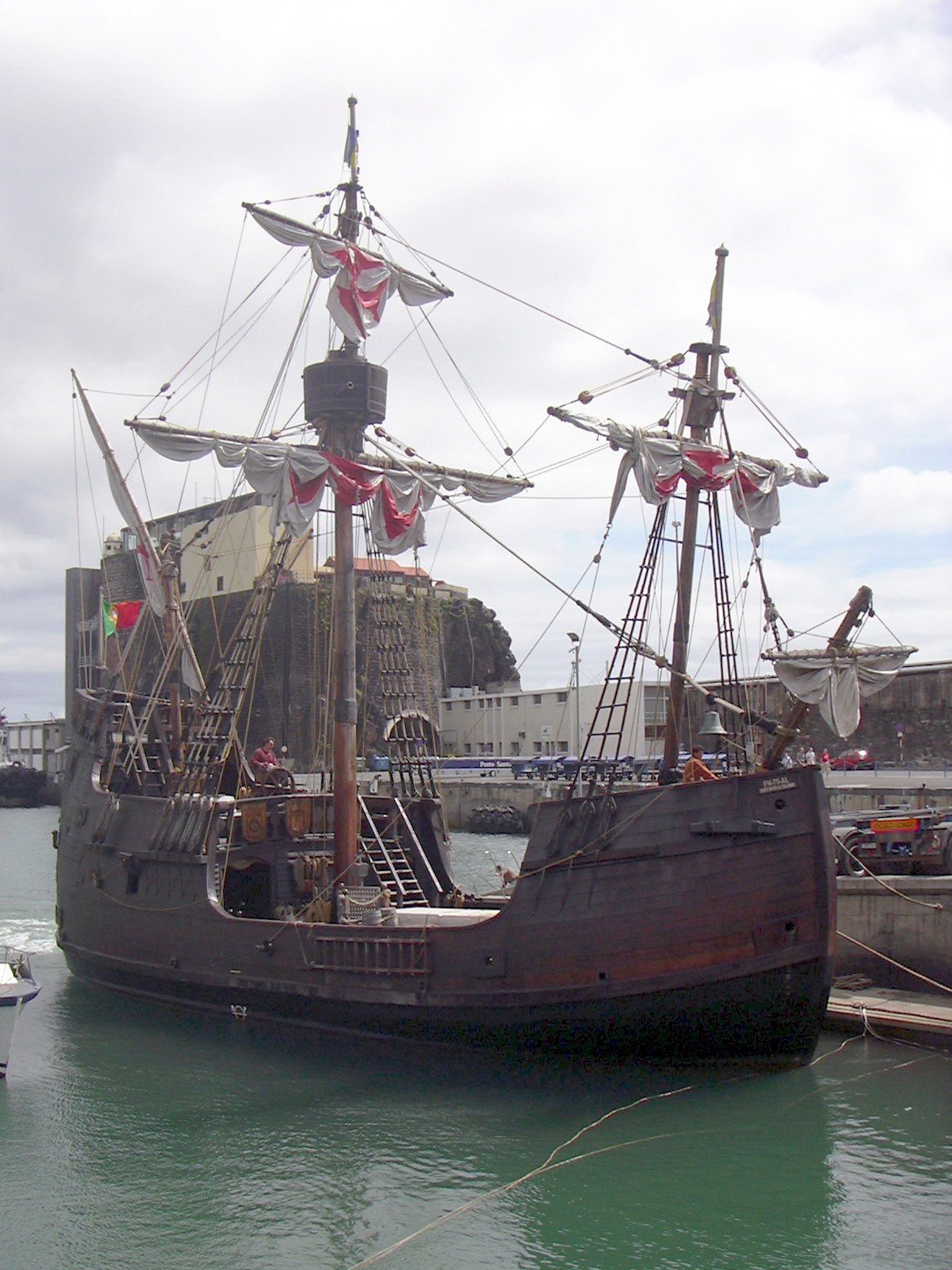
In “Humans must find new planets to survive” (ABC News, 27 April 2012), Darren Osborne tells us,
Finding planets outside our solar system that can sustain life should be made a top priority, say Australian astronomers.
Lineweaver says one of the reasons why humans should search for habitable planets is to place future human colonies. He dismisses the idea that humans should stay on Earth, comparing it to the attitude of some towards Columbus’ proposed trip across the Atlantic Ocean.
Not sure the analogy works.
Europeans in Columbus’ day had known for millennia that China existed but didn’t know of a viable sea route for trade.
The approximate circumference of Earth had also been known for nearly two millennia by then. But no one knew what obstacles the route presented. (The Americas were – it turned out – a significant obstacle.)
And there was the huge, unsolved problem in those days of longitude. What was the ship’s position, in relation to China or anywhere else?
What no one doubted was China’s existence. There was a land route to China, but it was slow, cumbersome, and dangerous.
By contrast, we do not currently know of any other planet in the galaxy that would support humans, quite a different situation.
But Lineweaver has a fix:
The report also raises the possibility of habitable planets that don’t contain life. They argue that the conditions for life to form, called the abiogensis habitable zone, are much narrower than the conditions needed for life to survive.
“Life, by managing its own environment, makes a planet habitable. It has produced adaptive features as a result of Darwinian evolution to live in colder and warmer environments,” says Lineweaver.
That ol’ Darwinian magic again, conjuring stuff out of nothing …
They may have a good case, but Columbus is not a good example, and Darwin is not a reliable conjuror.
Follow UD News at Twitter!